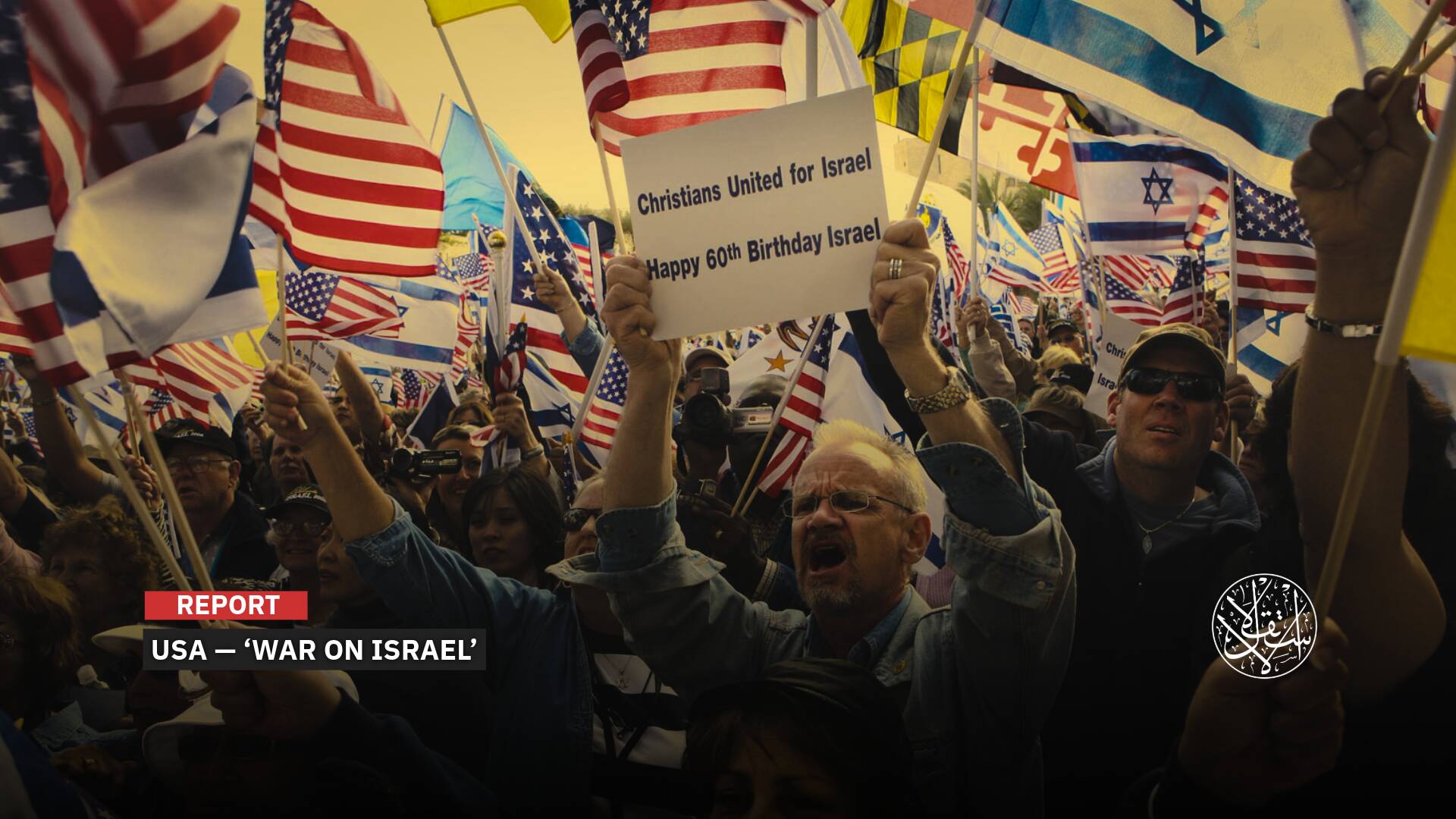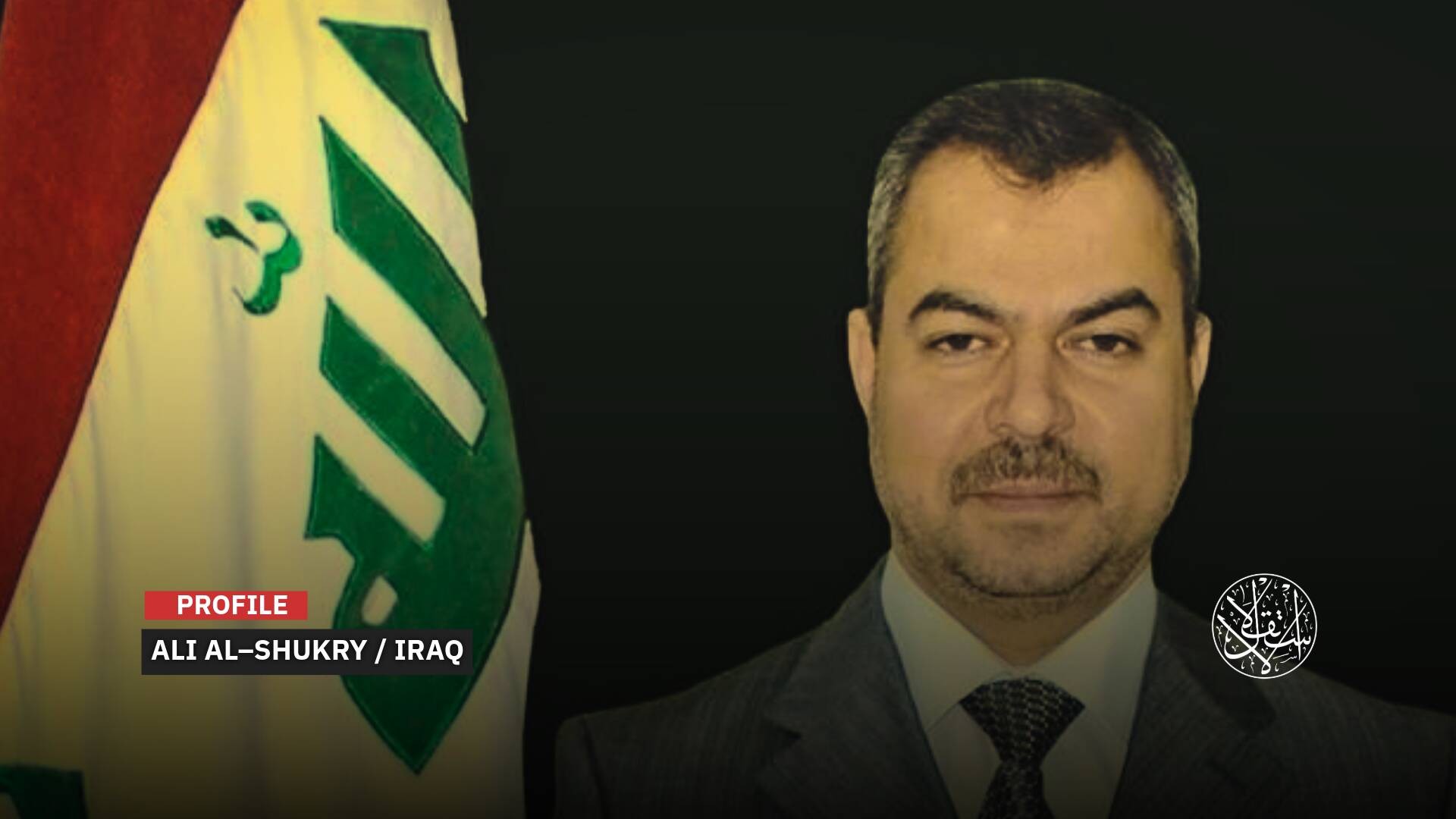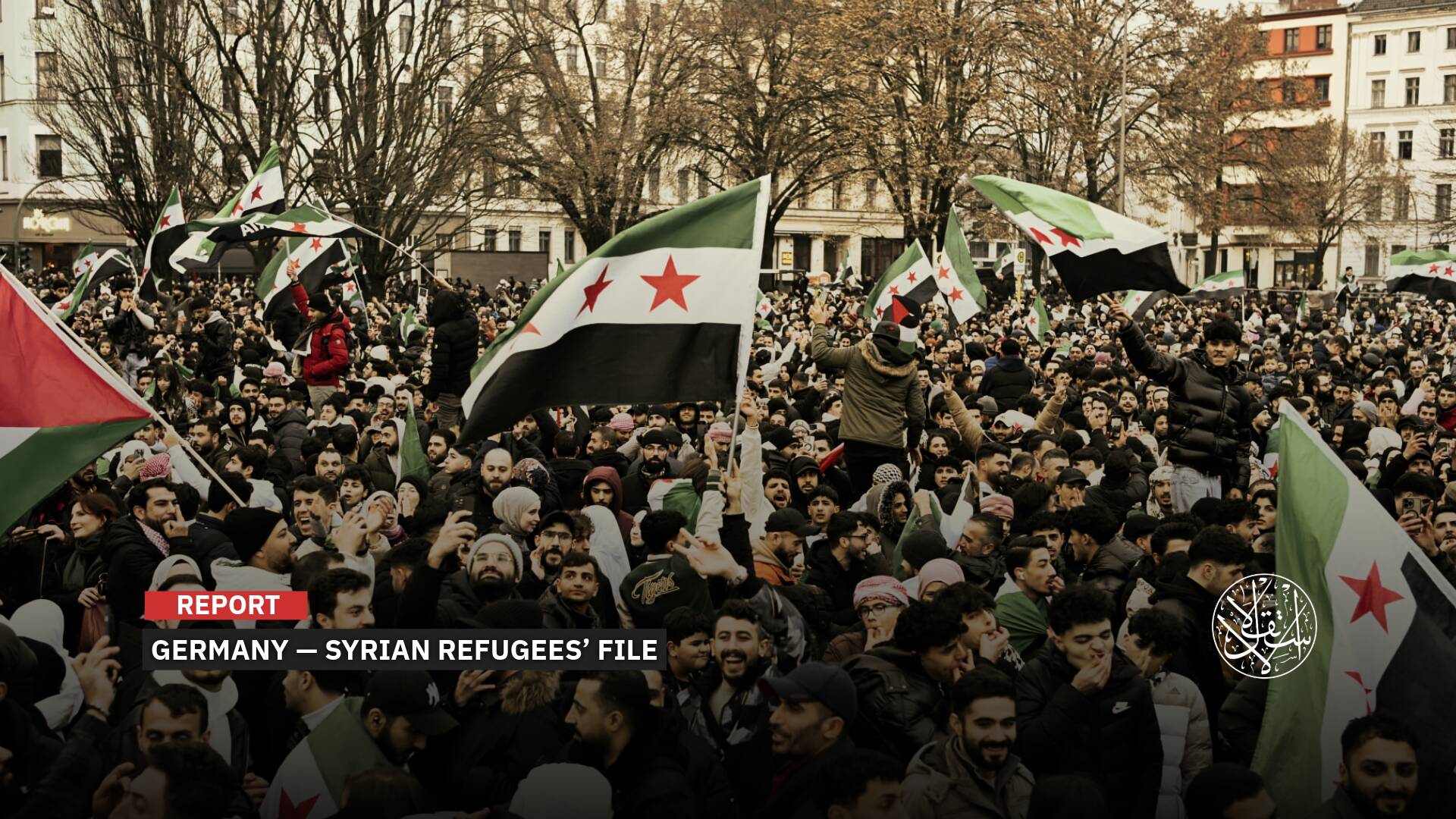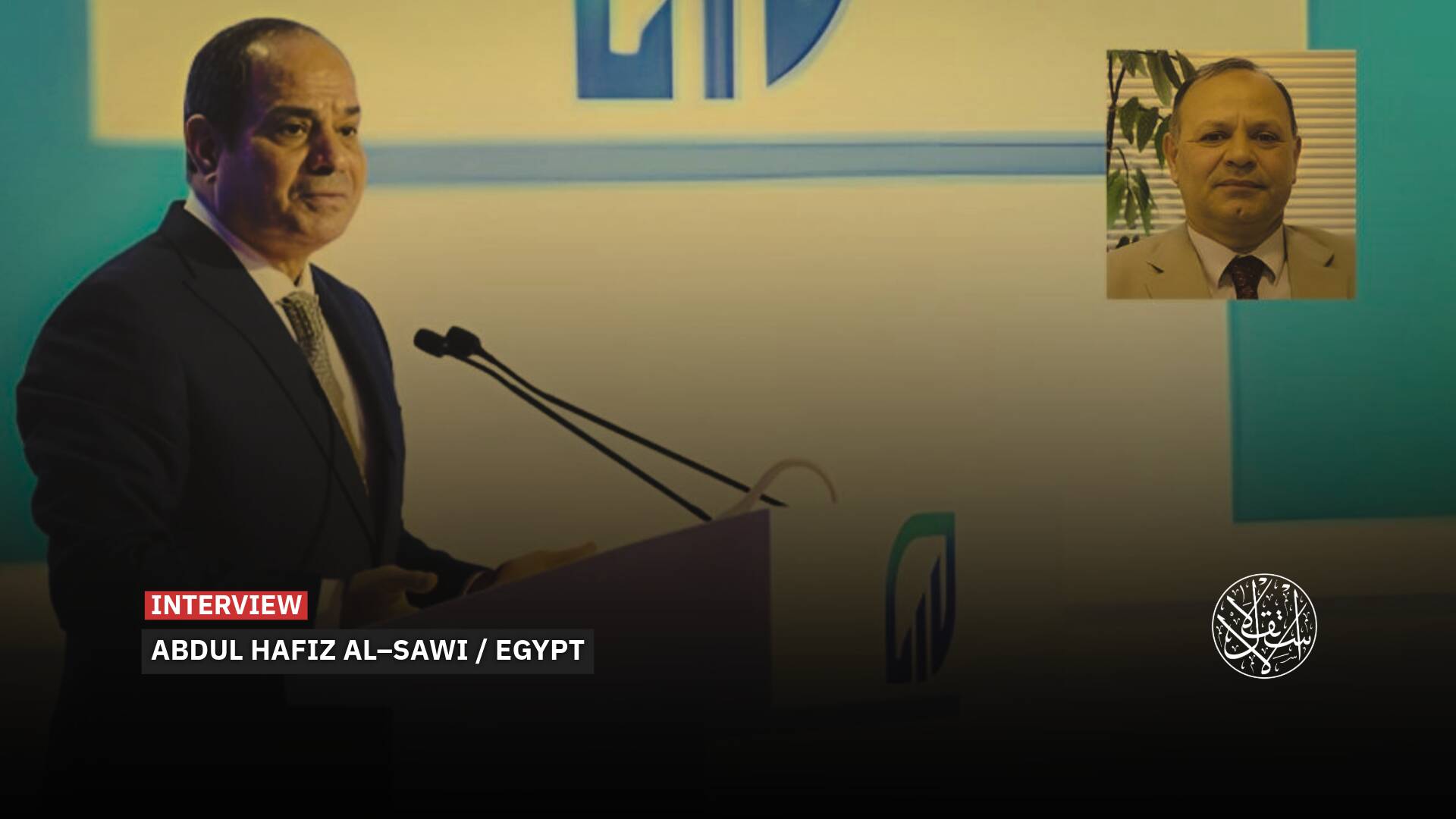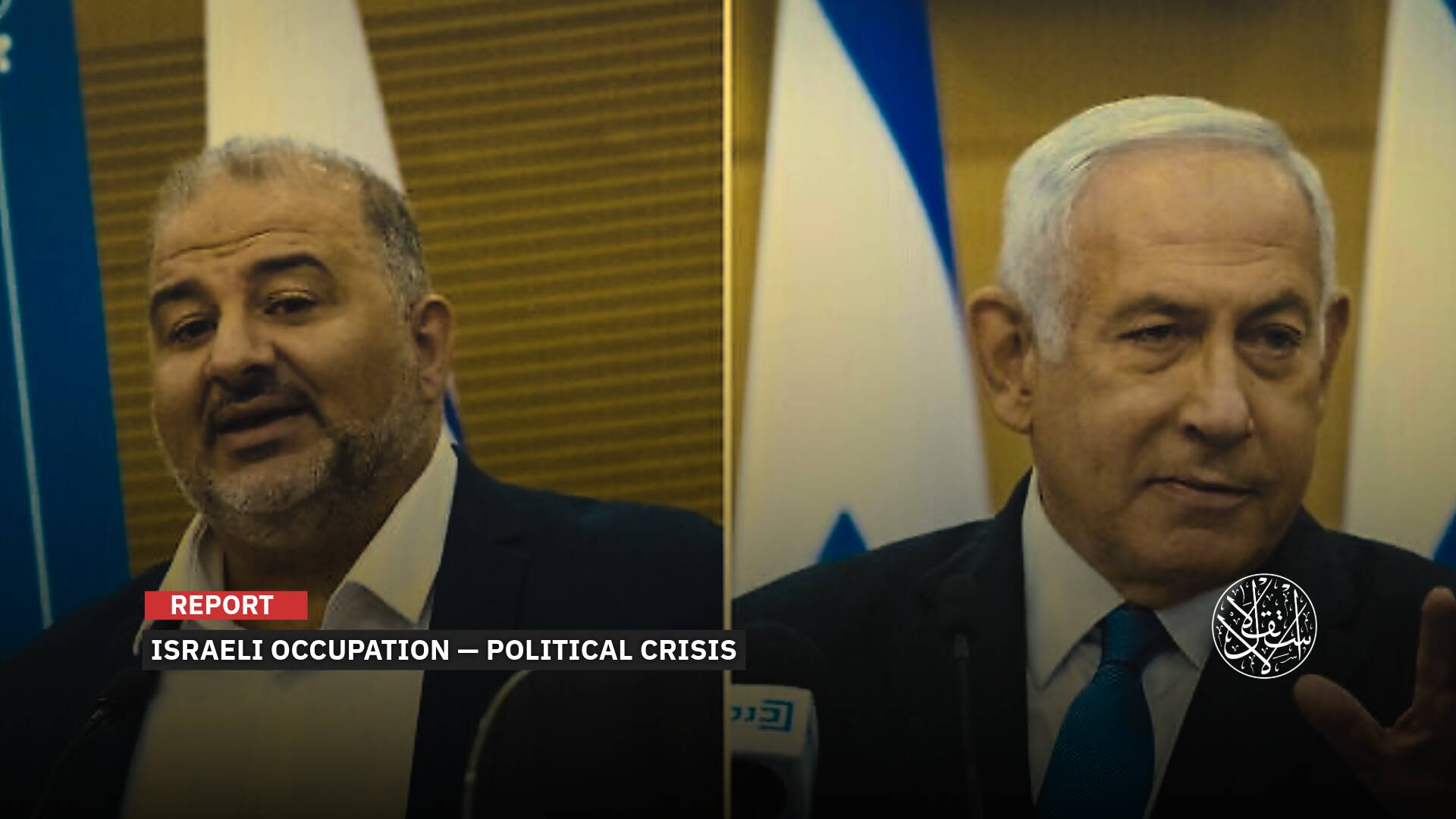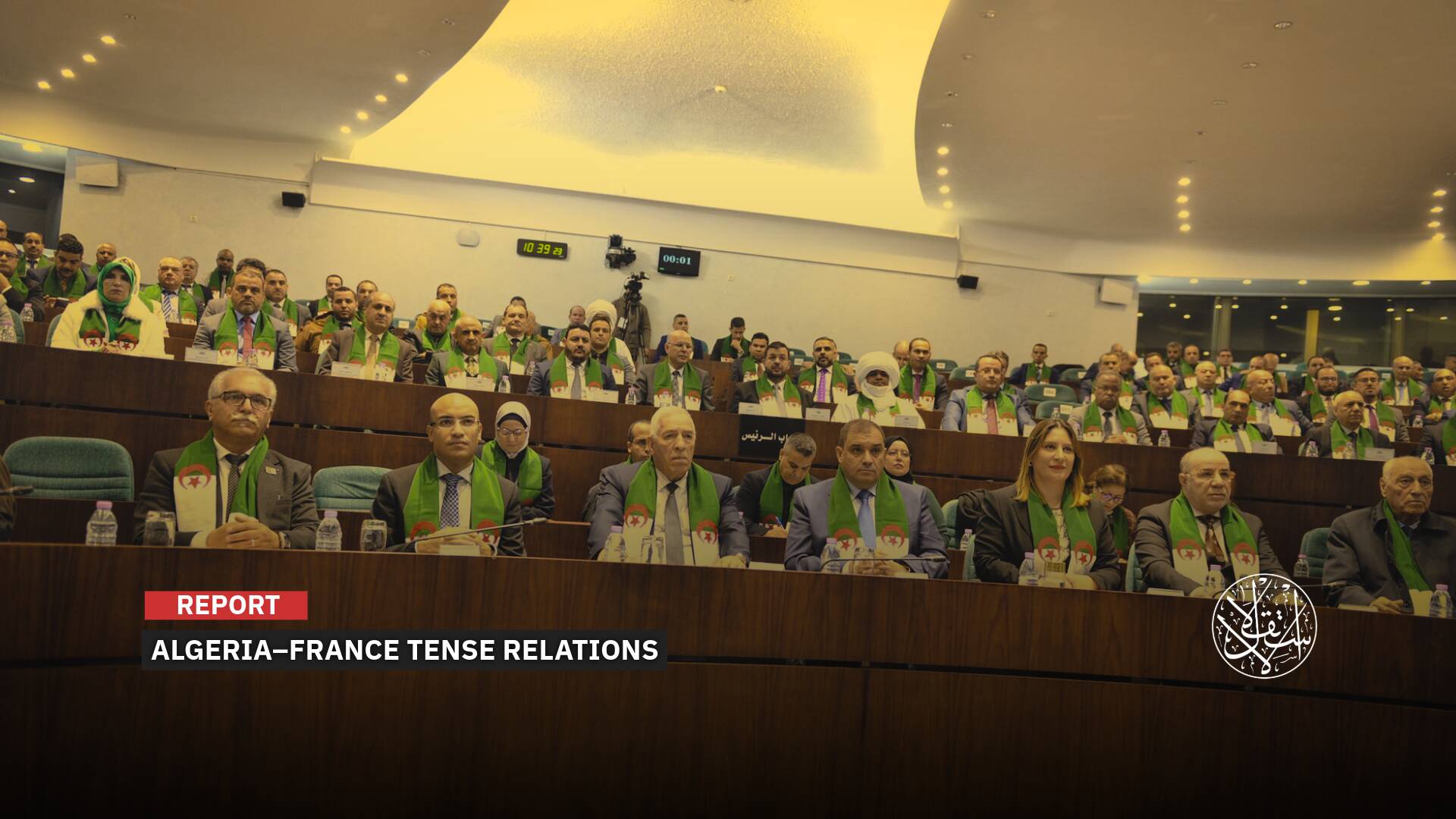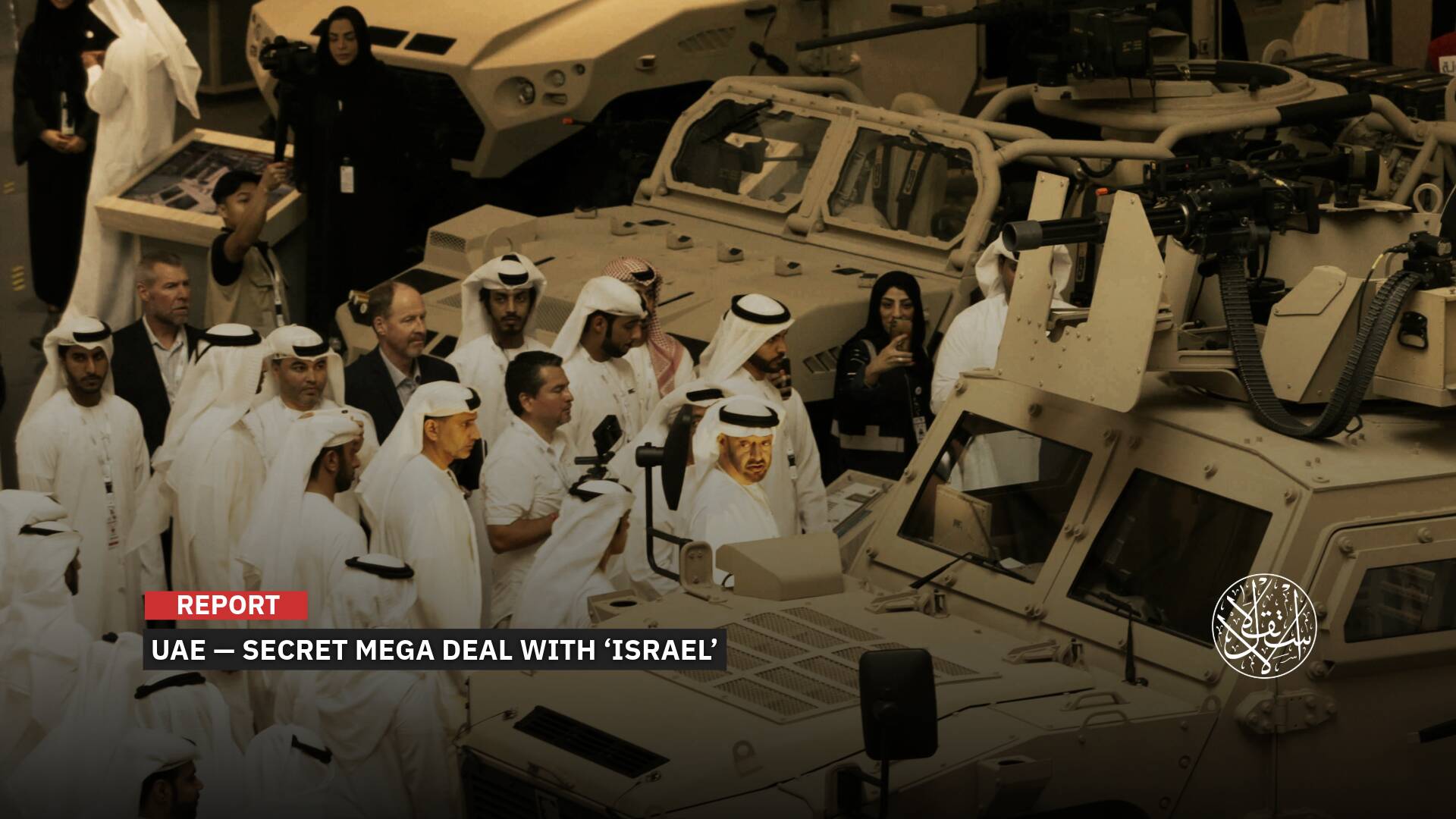The Syrian Military Council; What Is the Motive Behind Reviving the Idea After Being Buried for Years?

The idea of establishing the Syrian Transitional Military Council remains locked in discussions between a group of officers defecting from the Syrian regime, although the idea is relevant to the opposition, but faces internal and international obstacles.
Individually and without any official formula or international adoption of their project, they seek to crystallize the idea of the Council and reduce the obstacles facing the birth of the Council because they are convinced that the solution will be political in Syria and not military.
The formation of a joint military council between dissident officers and officers of the Syrian regular army whose hands were not stained with Syrian blood, was put forward in 2016 as a step ahead of the transitional governing body contained in the Geneva I statement in 2012.
At the time, the trend was to seek the formation of the military council to take power in Syria and oversee the political transition as a military and security force, as a result of the diminished opportunity to form a transitional governing body.
The aim was also to prepare through this council for the departure of foreign forces and militias from Syria.
What makes the Military Council’s idea recover is that specific blocs of officers dissident from the Syrian regime at home and abroad will continue to theoretically research the council's draft.
Manaf Tlass
The opposition Network "East News" confirmed that meetings were held for several days between military officers defecting from the regime of Bashar al-Assad in the presence of Brigadier General Manaf Tlass, along with political figures in Paris, and ended August 9, 2021.
Former Free Syrian Army Chief of Staff Brig. Gen. Abdul Ilah al-Bashir, as well as a number of Syrian officers inside Syria, participated through online video conferences.
According to the network, the meeting dealt with several issues, notably "developments in the Syrian situation and the obstacles that continue to stand in the way of a solution in Syria."
The meeting also addressed "the idea and project of the military council and its imperatives for the success of the solution in Syria, as well as the political, judicial and other transitional councils."
The National Coalition of Syrian Revolutionary and Opposition Forces has long stressed that the establishment of a joint military council in Syria is linked to the transition and the establishment of a transitional governing body in which Bashar al-Assad has no role.
This is as decided by the Geneva I statement and the relevant international resolutions.
The issue of the return of Manaf Tlass as military ruler of Syria is shrouded in many complexities, as it needs the consensus of the main actors in the Syrian file, and the acceptance of the official Syrian opposition as part of it.
Tlass did not join the opposition throughout his defection, according to observers.
There has been no comment from Manaf Tlass on the Military Council despite media hype from prominent Syrian opposition figures, some of whom have met more than once with Russian Foreign Minister Sergei Lavrov in Moscow.
Russia, for its part, has denied any discussions about the Military Council it is promoting.
Putin's envoy to Syria Alexander Lavrentiev said in a February 2021 press statement that the talk was "a deliberate misinformation aimed at torpedoing the Syrian political talks and process."
Manaf Tlass, the son of former Syrian Defense Minister Mustafa Tlass, close to President Hafez al-Assad, left Syria on July 5, 2012.
This was in a complex security operation with the help of French intelligence, according to Tlass, who settled in Paris.
Born in the northern Homs city of Rustin in 1964, Manaf graduated from the military school in Homs and was commander of the "104th Brigade" of the Republican Guard tasked with protecting Bashar al-Assad before leaving Syria and fleeing to Turkey and then to France.
Tlass' defection was of great importance to his personal proximity to Bashar and his overlapping and strong relations with Sunni merchants and Alawite officers, as well as being a reservoir of his father's military secrets.
Since the beginning of Tlass's defection from the Syrian regime, he has followed a special tactic, refusing repeated media appearances and not engaging in the body of the Syrian opposition.
He chose for himself, as he said in press statements, to "be a side of compromising", giving him an independent space to communicate with the opposition and with those he described as "honest within the regime".
No Official Formula
A source close to the meeting said: "The draft of the National Military Council was launched months ago at the invitation of Brigadier General Talal Farzat, and what the members of the council, which was joined by more than 2,000 officers and military, was remarkable."
"The proposals were deliberate and professional, as the role of the army in the transition and after stability was defined, and their project was emphasized within the framework of a political solution, international resolutions and the Transitional Governing Body," the source told al-Estiklal.
The source suggests that the new Paris meeting is part of "regular officer visits by General Manaf Tlass and has no official formula".
He also stresses that the meeting "comes within the preparations that officers are making to develop the idea of the Council and the consultations that are always taking place between them regarding it".
"If there is a message that the Council wants at this time, it is that the officers are working and ready to engage in any solution that is coming to Syria, that they exist and that there is no alternative to them in a Syrian solution within their jurisdiction and role," he said.
"Perhaps the most important message is addressed to Russia, which is nervous about Assad's foolish actions, as the cries of those close to Russia have rolled over after Moscow's certainty that it will not be able to float Assad and his regime," the source said.
"Therefore, if Russia wants to achieve any results in Syria, the solution must be pursued in accordance with Security Council Resolution 2245 to get rid of Caesar's Law," he said.
The December 18, 2015 resolution paves the way for Syria’s political solution map, with four points: "transitional governance, constitution, elections, and counter-terrorism."
In a document, former UN envoy to Syria Stéphane de Mistura later proposed the implementation of the Geneva Statement 1 to form three sections: a "transitional body, a joint military council, and a national conference."
"From the moment the transitional body was established, it has absolute authority over all military and security affairs and oversees the military council," he said in the document.
The Syrian military has begun the brainstorming phase of building a Syrian military council and discussing its challenges and obstacles.
That is in the hope that the day will come when the solution in Syria will become an imperative and be institutionalized.
Obstacles and Challenges
Syrian military expert Brig. Gen. Abdullah al-Assaad puts his hand on the most prominent obstacles facing the Transitional Military Council.
"The most important of them are militias integrated into the so-called Syrian Arab Army," he said, adding that they are "the most dangerous types of pressure on the army, which has been fed by Iranian, Afghan, Iraqi and Lebanese elements."
The importance of forming the Transitional Military Council stems from the need to "dismantle the militias and get them out of the army, which must be turned into my homeland, after it became special for assad's protection," the brigadier general said.
The military expert considers the meeting "periodic to consult between Tlass and the officers to arrange the formation of the military council, and to overcome possible obstacles from the regime that will not accept the council, which means the removal of Assad."
"The Transitional Military Council in Syria is an old project and those who are talking about it are France, given the close relationship between Brigadier General Manaf Tlass and Paris," he said.
"A military council cannot be formed at this time without a new transitional governing body, one of which is one of its main pillars is the formation of a military council," he said.
No matter how much the officers accept and support the idea of the Syrian military council behind the scenes, its fate remains suspended by the extent to which international consensus has occurred for its exit from the light.
"France alone cannot do anything without international consensus on the formation of this council, entering syria and giving it great powers," said Military Expert Abdullah al-Assaad.
"But the international community is paralyzed by the Russian and Chinese vetoes, so the formation of the Military Council is an imperative, but after a Resolution under Chapter VII of the Security Council," he said.
The idea of establishing a transitional military council in Syria is supported by opposition entities to maintain security and prevent chaos during the political transition through a fully operational transitional governing body.
However, there is no clear consensus on who will lead the council and who the officers are accepting it and who are the who have a problem with it, as Syrian journalist Firas Allawi is drawn to.
"Although there are blocs supporting the SCAF project inside Syria and in Turkey, they do not consider themselves a substitute for any other political bloc, and they are an integral part of resolution 2254," he said.
Allawi tells al-Estiklal: "The meetings taking place in France between Manaf Tlass and the officers send messages that it is time to implement resolution 2254, which needs military, ground and security force."



